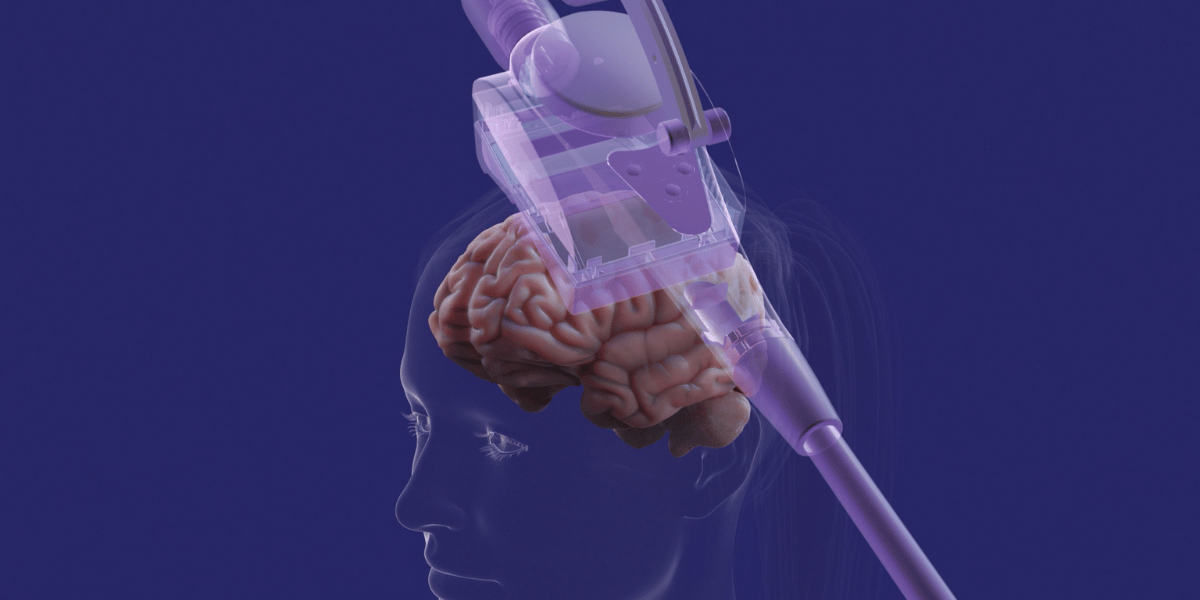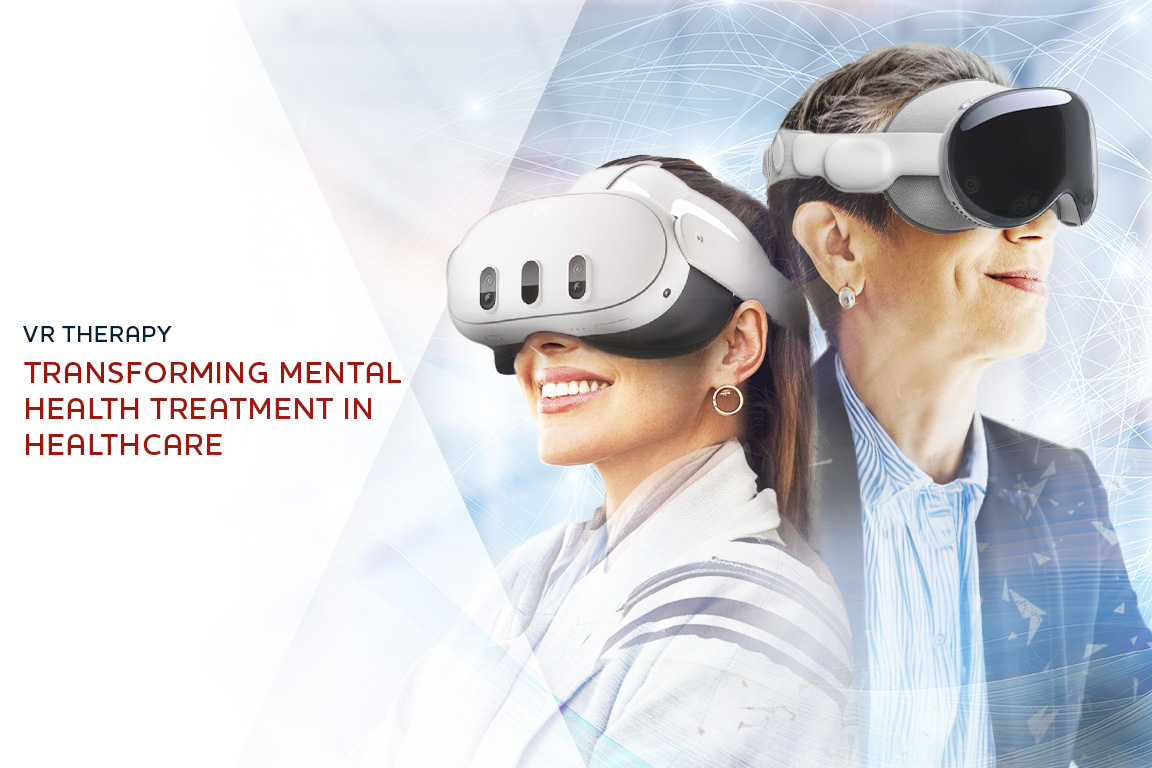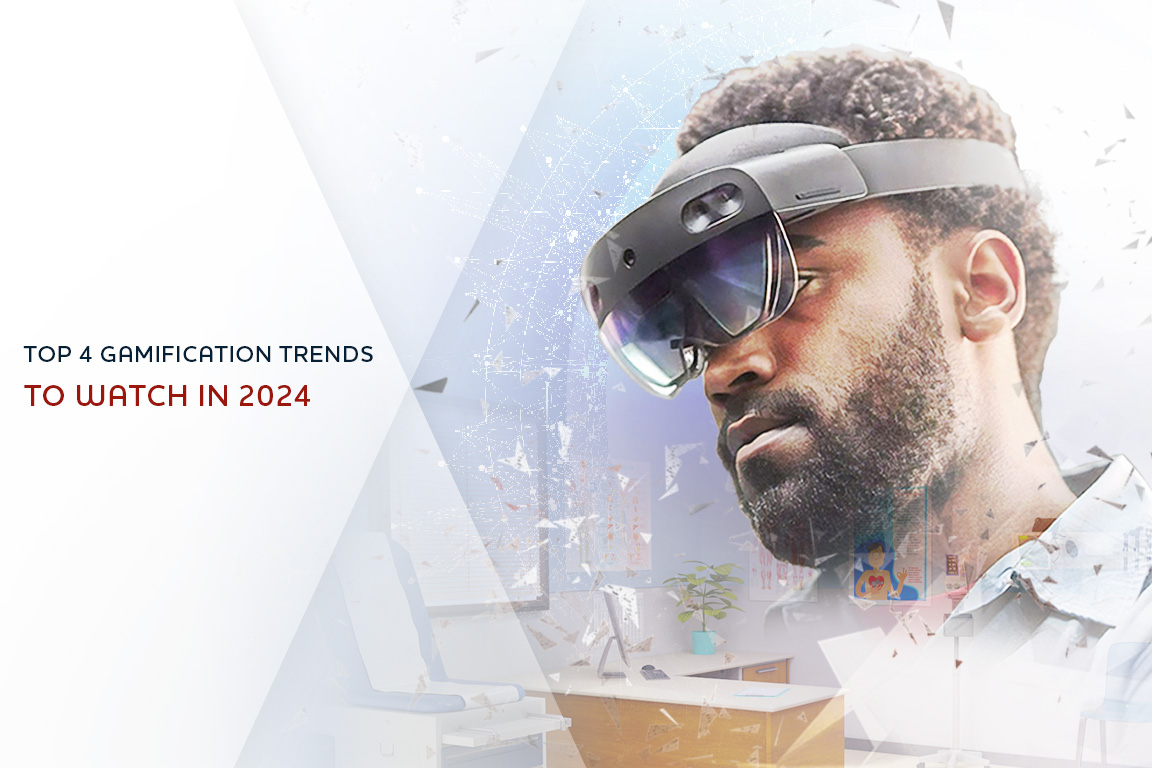Using medical simulations in healthcare used to seem like something out of a science fiction movie, but it is something that is quickly becoming mainstream as healthcare providers continue to see the benefits.
These simulations are proving to be invaluable when it comes to training staff or presenting information to an audience that needs to come away from the presentation with a deep understanding of the subject.
How exactly are medical simulations helping healthcare providers right now? Let’s take a look.
Augmented Reality Simulations in Healthcare Offer Flexibility and Accessibility for Unique Learning Opportunities
Training programs in AR simulations can be fully customized to cover any subject you want. Need to show how a medication interacts with the body internally? A simulation can be built to show your intended audience everything they need to know. Trying to simulate how surgery can be performed with a new tool or method? AR simulations can not only mimic what it is like to hold tools and actually do the procedure from start to finish.
Learners can be hands-on, use critical thinking skills, make decisions, and experience everything needed to come out of the simulation with a better understanding of the subject at hand.
Because any clinical situation can be created at will, the learning opportunities can be scheduled and repeated as much as needed to meet the needs of any participant. These simulations are also highly reusable and can serve as a way to orient someone quickly to new information or as a training tool for healthcare providers and professionals.
Learning Experiences within Medical Simulations Used in Healthcare Can Be Fully Customized to a Wide Range of Subjects and Learners
One of the best things about these simulations is they can be catered to many different ability levels and situations. Beginners have the ability to gain confidence in an area they aren’t familiar with, and experts have the chance to sharpen their skills through numerous repetitions and practice.
Complex procedures or rare diseases require additional opportunities for practice, something that might be hard to come by before medical simulations became an option. A healthcare professional can run through simulations to better understand concepts or methods that might be new to them or require intricate movements.
Medical Simulations Provide the Freedom to Make and Learn from Mistakes Safely
Learning by doing is regarded as such an approachable method, but in the medical field, that leaves a very small margin of error. Making a mistake as a chef might mean needing to re-cook a meal or give someone a refund, but making a mistake as a surgeon or healthcare professional could be the difference between life and death.
One thing that makes medical simulations so valuable is it allows you to approach something complex and let you make mistakes. By seeing the outcome of mistakes or the impact of mistakes happening in the simulation, the user can learn and try again without the need of intervention from a supervisor or fear of harming or causing the patient any additional discomfort.
Simulations in Healthcare Allow for and Provide Valuable Feedback
How many times can you repeat the exact same situation in real life and get real-time feedback for each attempt? Typically, not many times and in not many situations. Medical simulations allow for users to repeat the same situation as many times as they need to and get feedback from the simulation or an instructor as they need it.
If a particular process or part of the simulation gives the user trouble, they can take the time they need to fully understand it before moving forward. Controlled simulations can be immediately followed by video recording debriefs or in-depth, after-the-fact reviews with an instructor.
Simulations in Healthcare Allow Users to Integrate Multiple Skills at Once
One of the biggest skill benefits of medical simulation is it plays a key role in promoting the integration of multiple different skill components. Healthcare professionals are educated and trained in separate disciplines and need to work as a team in unison to provide the highest level of care.
By creating realistic and challenging scenarios, simulations provide a vehicle for users to integrate their skillset with others for effective team performance. Similarly, procedural skills that are found in surgery or in placing a central line require a unique combination of perceptual, psychomotor, cognitive, and affective components that need to be exercised together and integrated into a fluid sequence of purposeful action.
Contact Tipping Point Media Today for More Information
Tipping Point Media specializes in creating fully customized medical simulations that suit your needs perfectly. Contact us for more information.



